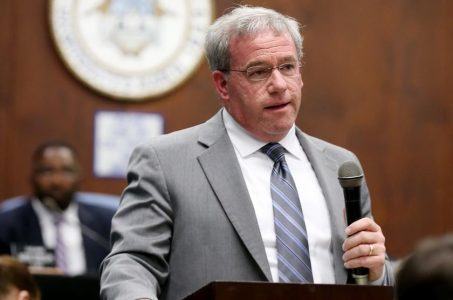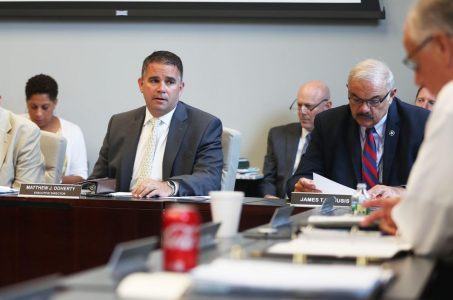PIMCO Enthusiastic on Travel, Leisure Debt, Including Casino Bonds
Posted on: August 30, 2020, 01:08h.
Last updated on: August 31, 2020, 08:42h.
Fixed income manager Pacific Investment Management Co. (PIMCO) sees opportunities with corporate debt issued by travel and leisure companies, including casino operators, particularly if a coronavirus vaccine comes to market.

Airlines, gaming companies, and hoteliers, to name a few, were among the leisure segments most repudiated during the March financial market selloff caused by the initial wave of COVID-19 cases. Specific to the gaming industry, bond prices tumbled, as rating agencies rushed to lower outlooks and ratings on debt issued by some of the group’s biggest domestic and international operators.
Still, integrated resort operators were able to access capital in the debt and equity markets, even during the darkest days of the initial coronavirus surge. That allayed concerns about the companies’ ability to survive in a zero-revenue climate.
Even if you look at the deeply-affected COVID-hit sectors, these companies have 20 to 36 months of liquidity,” said Mark Kiesel, co-manager of the PIMCO Total Return Fund in an interview with Bloomberg. “Any vaccine that comes out in the next 6 to 12 months, I think you could see a rebound, and that’s the next wave, or the rally.”
Kiesel said the bond house is overweight travel and leisure debt in a “prudent way.”
Back from the Brink
As stocks tumbled and as US casinos were shuttered in March, concerns ramped-up about gaming companies’ ability to survive the pandemic.
Several months later, some casino giants are as well-capitalized as they’ve ever been.
For example, Las Vegas Sands (NYSE:LVS). The biggest US company in the industry by market capitalization, LVS says it has the cash to proceed with major Asia-Pacific enhancements while surviving 18 months in a no-revenue environment. Rival MGM Resorts International (NYSE:MGM), the largest operator on the Las Vegas Strip, has $8.1 billion worth of liquidity as of June 30.
PIMCO’s Kiesel told Bloomberg his firm has loaned money to “leaders” in the hotel and gaming industries, as well as to airlines via credits that are backed by new planes.
Airlines Take Off
The airline industry rebounding is essential to Sin City’s recovery because most travelers arrive at the largest US gaming mecca via passenger jet.
That makes Las Vegas vulnerable to airlines’ recent moves to slash routes to conserve cash. Wall Street analysts believe it will be 2022 at the earliest before domestic carriers see capacity levels on par with pre-crisis norms. Compounding Nevada’s woes is that drive-in traffic from neighboring Arizona and California remains slack.
However, there are incremental signs of improvement. In July, the consumer price index (CPI), the primary gauge of inflation in the US, rose 0.60 percent month-over-month. Relevant to gaming companies, airfares increased 5.4 percent, rental car prices jumped four percent, and hotel rates rose 1.2 percent, according to PIMCO research.
“Taking a step back, US prices in travel and leisure services, in general, have been much more flexible during the COVID-19 crisis versus what we’ve seen in past crises,” notes the asset manager.
Related News Articles
Most Popular
Mirage Las Vegas Demolition to Start Next Week, Atrium a Goner
Where All the Mirage Relics Will Go
Most Commented
-
Bally’s Facing Five Months of Daily Demolition for Chicago Casino
— June 18, 2024 — 12 Comments
















No comments yet